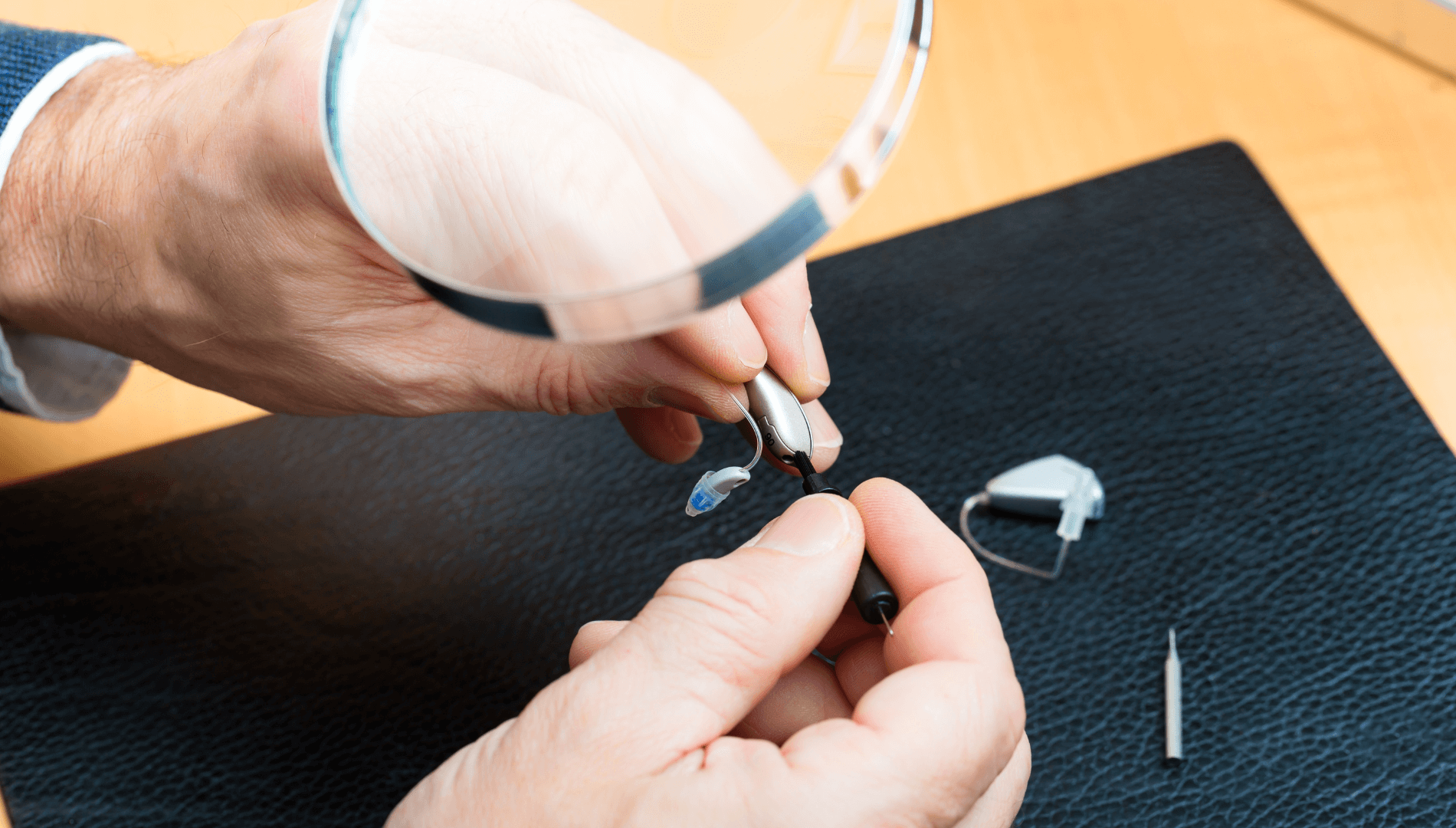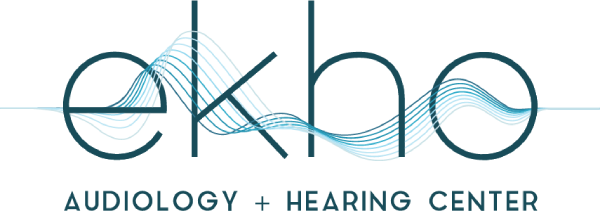
Maintaining one’s hearing aids is vital for several reasons. Regular care ensures optimal performance, with well-maintained hearing aids delivering consistent sound quality. This consistency significantly improves a person’s communication and quality of life. Additionally, proper maintenance extends the lifespan of the devices, potentially saving money in the long run. Lastly, clean and well-kept hearing aids help prevent ear infections and other health issues related to poor hygiene.
Daily Cleaning Routines
A consistent daily cleaning routine is essential for keeping one’s hearing aids in good condition. Begin by wiping the hearing aids with a soft, dry cloth to remove any dirt, earwax, or moisture. Avoid using water, cleaning fluids, or alcohol, as these can damage the sensitive components.
Be sure to inspect the device for any visible debris or blockages. Use a hearing aid brush or a small, soft-bristle toothbrush to gently clean the microphone and speaker ports. Also, ensure that the tubing and earmolds are free from obstructions. Proper cleaning prevents sound distortion and maintains clear audio quality.
Proper Storage Guidelines
Proper storage is just as important as cleaning. When not in use, store hearing aids in a cool, dry place. Avoid exposing them to extreme temperatures, humidity, or direct sunlight, as these conditions can damage the internal components.
Consider investing in a hearing aid dehumidifier or drying kit. These devices help remove moisture, which can accumulate inside the hearing aids and lead to malfunction. Additionally, when storing hearing aids, leave the battery compartment open. This practice minimizes battery drain and reduces the risk of internal corrosion.
Regular Battery Checks and Replacement
Batteries are the lifeblood of hearing aids, so regular checks and timely replacements are critical. Monitor the battery levels regularly to ensure continuous operation. Most modern hearing aids come with a low-battery alert system that signals when it is time to replace the battery.
When replacing the batteries, follow the manufacturer’s instructions carefully. Handle batteries with clean, dry hands to avoid transferring oils and dirt. Use fresh, undamaged batteries to prevent leakage and ensure optimal performance. Proper battery maintenance not only enhances the device’s functionality but also prevents potential damage caused by battery corrosion.
Scheduled Professional Maintenance
While regular at-home care is essential, professional maintenance and check-ups should not be overlooked. Schedule regular appointments with a hearing care professional to inspect and clean the hearing aids thoroughly. These professionals have specialized tools and expertise to perform detailed cleaning and maintenance that may not be possible at home.
During these check-ups, the professional can also test the hearing aids’ performance and make necessary adjustments. They will check the fit and ensure that the devices are working at their best. Additionally, the professional can offer valuable advice on proper care and address any concerns or issues that may arise.
Troubleshooting Common Issues
Despite best efforts, hearing aids may occasionally encounter issues. Understanding how to troubleshoot common problems can be helpful. For instance, if the hearing aid produces no sound, check the battery to ensure it is properly installed and has sufficient charge. Additionally, inspect the device for any blockages or debris that may be obstructing the sound.
If the hearing aid produces feedback or whistling sounds, it may not be fitting correctly. Ensure that it is properly seated in the ear and that there are no gaps. In some cases, feedback may occur due to earwax buildup, so regular cleaning is important.
For persistent issues, consult a hearing health professional. Avoid attempting to repair the hearing aids, as this can cause further damage and potentially void the warranty.
Tips for Protecting Your Hearing Aids
Protecting one’s hearing aids from damage is easier with a few simple tips. Avoid exposing the devices to moisture, such as during showers or swimming. Remove the hearing aids before using hair products, such as sprays or gels, as these can clog the microphone and speaker ports.
Handle the hearing aids with care, especially when inserting or removing them. Dropping the devices can cause significant damage. Additionally, keep the hearing aids away from small children and pets, as they can easily be misplaced or damaged.
Conclusion
Proper hearing aid maintenance is vital for ensuring optimal performance, extending the lifespan of the devices, and maintaining good hygiene. Establishing a consistent cleaning routine, storing hearing aids correctly, regularly checking and replacing batteries, scheduling professional maintenance, and troubleshooting common issues are all essential steps. By following these guidelines, your hearing aids can continue to provide valuable support and improve the quality of life for those who rely on them daily.
